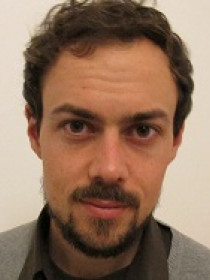Connect with Jacob
About Jacob
Habinek studies the effects of technological innovation on inequality, and is particularly interested in higher education. His dissertation examines conflicts over public and professional control of the life sciences during the nineteenth century in Germany, Britain, and the United States. He also studies how commercialization has reshaped contemporary American universities. In the past he has explored the rise of the global mortgage-backed securities market and innovation among early American magazine entrepreneurs.
Contributions
In the News
Publications
Examines the role of interest rate swaps in the University of California’s massive expansion of borrowing from Wall Street over the last decade, and highlights the costs to students and taxpayers of UC’s interest rate swaps and debt-driven profit strategies.
Illuminates the case of US higher education, we consider financialization as both increasing reliance on financial investment returns and increasing costs from transactions to acquire capital. Discusses the implications of the findings for resource allocation, organizational governance and stratification among colleges and households.
